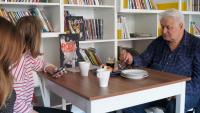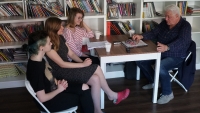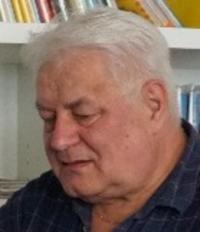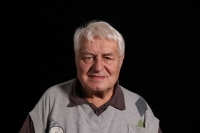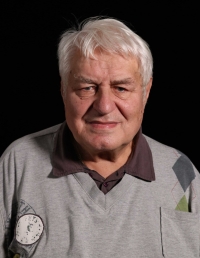Just do not play Czech records, the members of Czechoslovak Union of Youth told the DJs

Download image
Jaromír Tůma was born on 26 April 1946 in Mělník. Since childhood he devoted himself to music, founded various bands, listened to foreign radio. In the second half of the 1960s, he experienced especially the boom of big beat, but also of popular music. He wrote about music for the music monthly Melodie, was a dramaturge for the music publishing house Supraphon, and had his own music block on the popular radio show Mikrofórum. He was a dramaturg at beat festivals in Lucerna. After the occupation in 1968, he interrupted his studies in foreign trade economics at the Prague University of Economics and Business and did not finish them. In the 1970s and 1980s, when the space for free journalism shrank, he supported himself as a DJ under the Prague Cultural Centre. He toured the country with discos, during which he tried to compensate the missing foreign bands for the audience. He stayed in Melodie until 1983, when the Bolshevik leadership was installed as part of the campaign against the new wave of music. He worked externally with Czechoslovak Radio, Czechoslovak Television and the magazine Mladý svět (Young World). After the Velvet Revolution, the music world was radically transformed again, discos ceased to play their role, while in 1991-1993 he was able to be the editor-in-chief of Melodie, but the magazine faced economic problems instead of ideological pressure in the free world. He then worked at TV Nova, where he prepared, among other things, the popular music programme Eso. He wrote for the Czech version of Playboy, and currently hosts the show Větrník on Radio Beat. He has written a total of nine books on music, travel and wine.
